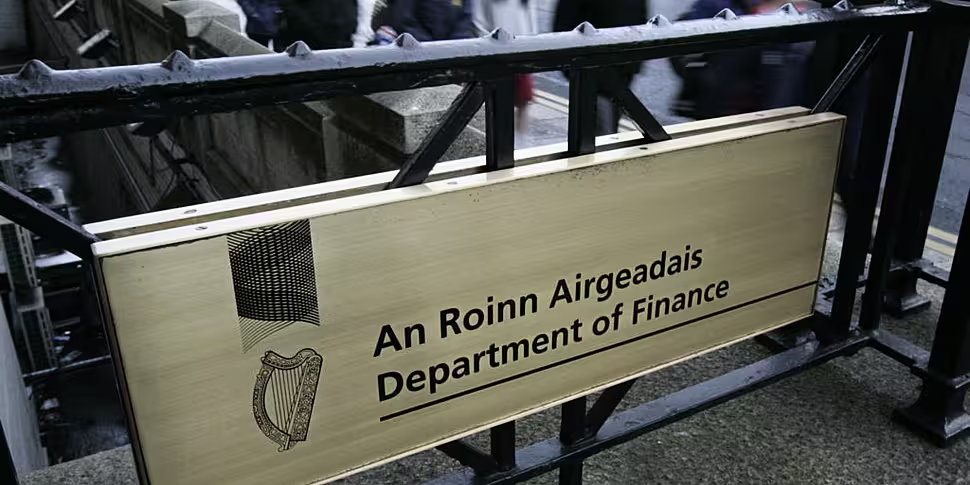An exchequer deficit of more than €7.4bn was recorded up to the end of April.
That compares to just over €3bn in the same period last year, according to the latest figures from the Department of Finance.
Tax revenues in April were down 8%, or €223m, on the same month last year.
Excise receipts also fell year-on-year, with analysis suggesting the drop is mainly due to a shortfall in excise paid on oils and Vehicle Registration Tax (VRT).
April is a non-VAT due month, with receipts of €86m collected.
While this was ahead of the performance last year by some €80m, the department says this is because - similar to corporation tax - exceptionally high repayments in 2019 skew the annual comparison.
It will likely be next month before the full scale of the effect of the pandemic on VAT becomes clear.
Corporation tax receipts in April were relatively low, with some €33m collected.
However this was €88m ahead of April last year - which saw exceptionally large repayments.
Corporation tax remains up €435m on a cumulative basis, mostly because of payments from large companies.
"It is still too early in the year for an effect of the COVID-19 pandemic on corporation tax receipts to be identified", the department adds.
Overall spending was almost €2.4bn more than forecast up to the end of April.
In year-on-year terms, this was made up of a 23.9% increase in current spending and a 19.6% increase in capital spending.
The Department of Finance says the rise in expenditure was primarily because of increased spending in response to the COVID-19 pandemic - particularly in the Departments of Health and Social Protection.









